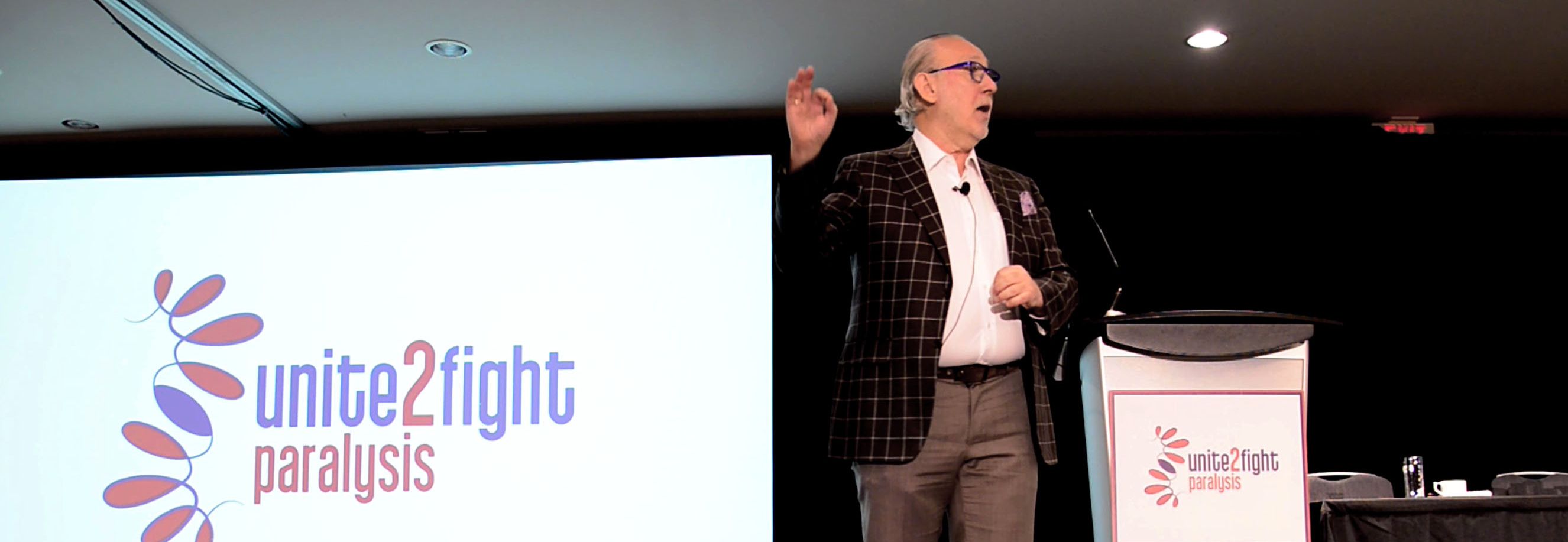
Linda Bambrick, MA, PhD
Program Director, Division of Neuroscience in Extramural Programs at the National Institute of Neurological Disorders and Stroke (NINDS)
Abstract
Spinal Cord Injury Research with NIH
The National Institutes of Health (NIH) supports spinal cord injury (SCI) research as part of the NIH mission to seek fundamental knowledge about the nature and behavior of living systems and apply that knowledge to enhance health, lengthen life, and reduce illness and disability. Within NIH, the National Institute of Neurological Disorders and Stroke (NINDS, established in 1950) is the leader for SCI research, but many of the other 27 Institutes and Centers also support work on SCI. A key way NIH supports SCI is by making awards to scientists and clinicians, mostly in the US but some internationally, for SCI research. This work ranges from basic discovery studies of mechanisms of injury and recovery in SCI, through translational studies of potential therapies and clinical trials. Funded research addresses both acute and chronic injury and the therapies include drugs, devices, and rehabilitation work. The research funded is very much driven by the state of the science, as investigator-initiated projects. Other funding goes to training—to develop the next generation of scientists. In addition, some of the efforts at NIH cut across diseases, including continuing work to enhance data sharing in both preclinical and clinical research. Besides direct support for research, NIH engages with the SCI field in many ways: supporting conferences and workshops for the sharing and development of new idea; being a resource for the SCI community; and partnering with all the stakeholders to in the SCI world to advance understanding and treatment.
Bio
Dr. Linda Bambrick is a Program Director at the Division of Neuroscience in Extramural Programs at the National Institute of Neurological Disorders and Stroke (NINDS) managing a portfolio of grants and cooperative agreements in the areas of spinal cord injury, peripheral nerve injury and axonal regeneration. Dr. Bambrick received her Ph.D. from the University of Alberta and her MA in Science Writing at the Johns Hopkins University. Following postdoctoral work on myelination and astrocyte function, Dr. Bambrick joined the University of Maryland, Baltimore in the Department of Physiology with additional appointments in the Department of Anesthesiology and Program in Neuroscience. Dr. Bambrick has worked for the Department of Defense Congressionally Directed Medical Research Programs (CDMRP), first managing peer review and then as a Program Manager for the Spinal Cord Injury Research Program (SCIRP) at CDMRP, before starting at NINDS in 2019.






















